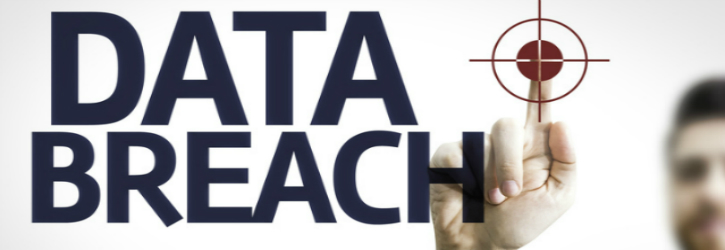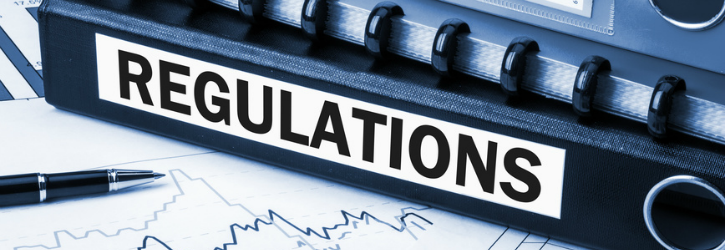Welcome To The Data Leak Lawyers Blog
We focus on the latest news surrounding data breaches, leaks and hacks plus daily internet security articles.
We focus on the latest news surrounding data breaches, leaks and hacks plus daily internet security articles.

As soon as you hear of a data breach, most people get concerned; and rightly so.
Whether it’s the bank you use, a social networking site you have an account for, or a telecoms provider, it’s always a cause for concern to hear that information has been hacked or leaked from an organisation that you are associated with in some way.
But with huge breaches like the recent MySpace, Tumblr, and LinkedIn ones comes an element of panic that causes things to get lost in translation, and the result is other organisations getting wrongly dragged in to breaches.
read more

Some 427 million passwords were accessed as part of the Myspace hack, and although hardly anyone uses Myspace these days, there is still a very big threat to your online security.
So, should you be concerned?
If you had a MySpace account before 2013 then your (probably redundant) account details have possibly been hacked, and if you use the same passwords and log in details to this day, and the same email address, there is cause to be very concerned indeed.
read more

The primary cause of data breaches nowadays is simple – human error.
As humans we’re susceptible to making mistakes. It’s what we do and it’s a part of life, and learning from mistakes to better ourselves is a responsibility we all share.
But time and time again data breaches – which are continual – are happening because of human mistakes that have happened before and CAN be prevented.
So why aren’t organisations doing more to tackle it?
read more

You’re not alone!
When I woke up the other day and checked my Hotmail account to find I’d been flooded with a load of spam emails, I thought “oh great, some idiot has signed my account up to something” – but it turns out it’s not that at all.
Apparently Microsoft is having some issues with its email filters, and the result has been a tirade of spam mails that’s caused a great deal of annoyance for those affected.
read more

Studies have revealed that around one in three people will obscure their laptop webcam with the fear of the camera being hacked or being used to watch you.
To be fair, I do it!
The study has shown that around a third of people are inclined to use a bit of tape, or bluetac, or something similar to block the view of the webcam in the worry that someone could be accessing it without their knowledge, and it begs the question: is there such a thing as being “too cautious” when it comes to online security?
read more

Literally hundreds of millions of Myspace and Tumblr user account details, reportedly hacked a few years ago, have surfaced for sale on the dark web.
News of the incident comes just days after the scale of the 2012 LinkedIn hack widened when millions of account details from the previous hack appeared online for sale, and security experts believe there may be a link given data from separate historic hacks is being put up for sale in such a short period of time.
News of this breach has increased fears for online safety with experts suggesting more may be on the way.
read more

Research conducted by ResearchBods found that consumers put the responsibility for data leaks, breaches, and hacks firmly on the shoulders of the organisations.
The study results showed that people blame the organisations far more than the hackers, and in terms of how the law actually works, it’s fair to say that the legal responsibility does weigh heavily on organisation (as Data Controllers) anyway.
The excuse “oh, but we were hacked!” is not one that will save an organisation from criminal or civil prosecution!
read more

There are differing levels in terms of severity of data leaks – it could be fair comment to say that a person’s full name being leaked is perhaps not as dangerous as a person’s bank account details being leaked. But it does depend on other factors, like whether a leak of a name is related to a sensitive subject; such as the full name of someone with a certain medical condition, as an example.
If that happens then just a name can be very serious indeed, but in an age where leaks are happening around the world all of the time – and we literally mean, ALL of the time – we ask the question: is there really such thing as a “non-serious” data breach?
read more

Nuisance calls – the bane of many people’s lives!
Thankfully the Information Commissioner’s Office (ICO) can fine and prosecute organisations for failing to adhere to regulations for marketing calls, and in this example, Check Point Claims Limited has been fined a huge £250,000.00 for failing to comply with the law.
They reportedly made a staggering 17.5 MILLION nuisance calls asking if people had suffered hearing loss at work.
read more

You may not know this but you are entitled to claim for data breach compensation if you are the victim of a data breach. You can claim data breach compensation from organisations leaking your information (like a public service or your employer); from organisations sharing your information without consent; or even from hacks, as examples.
In the digital age we live in, where organisations hold an astounding wealth of information about us, we’re all at risk of our right to privacy being breached, and at risk of scams and frauds.
So what can you claim for in terms of data breach compensation, and on what basis do you claim?
read more
Fill out our quick call back form below and we'll contact you when you're ready to talk to us.